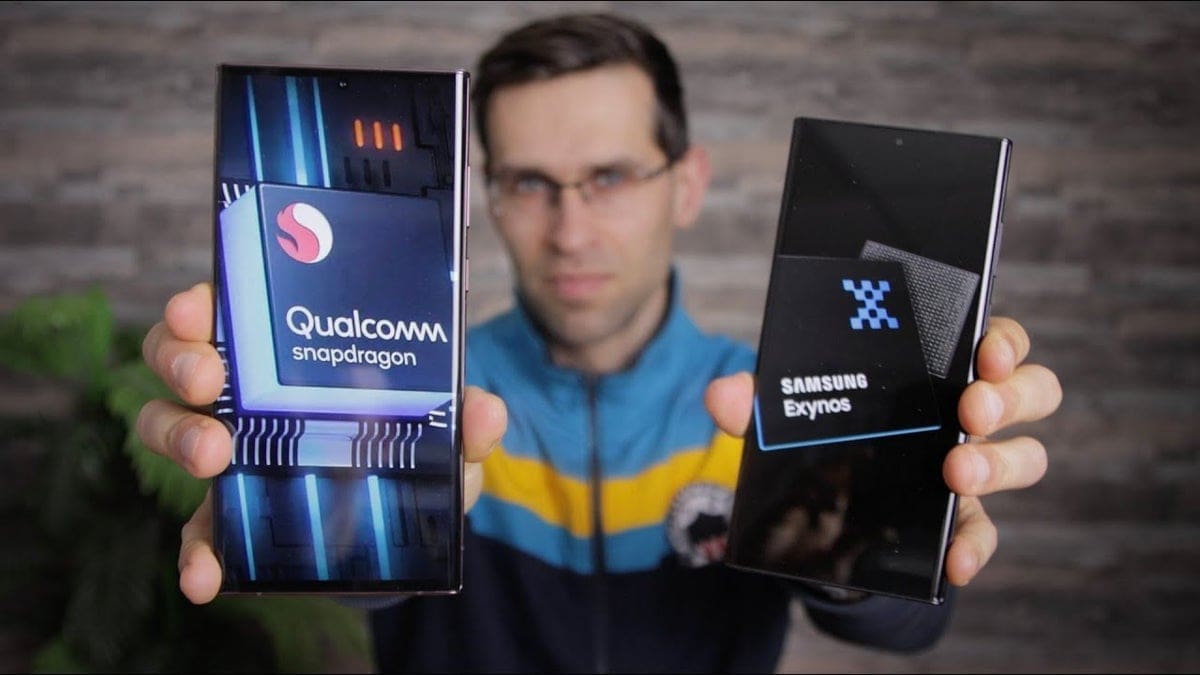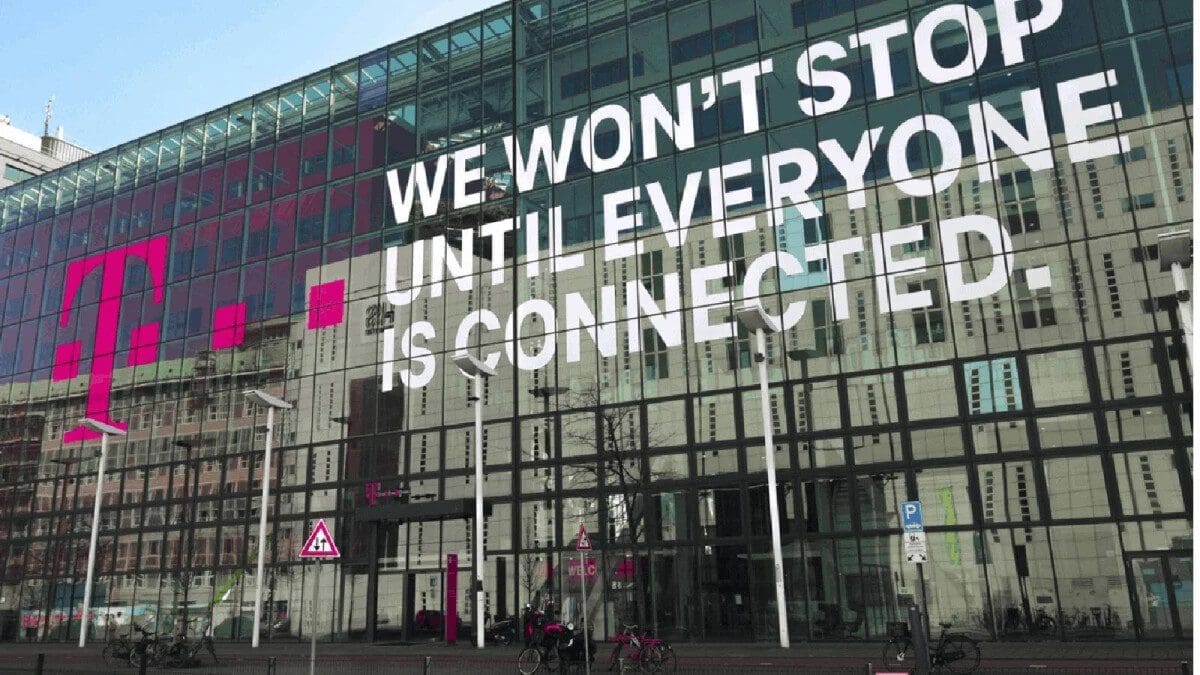Cameron MacDonald and Antonio Utano, two suspended civil servants, have recently spoken out about feeling unfairly targeted in light of the $60 million ArriveCan app controversy. They believe they are being made scapegoats in this situation. MacDonald, who worked as an assistant deputy minister at Health Canada, and Utano, a director general at Canada Revenue Agency, have both refuted the claims made in a preliminary report by the Canada Border Services Agency (CBSA), calling it full of “exaggerations and falsehoods.”
During a parliamentary committee session, MacDonald criticized the report to MPs, stating that it is simply a collection of baseless accusations without any supporting evidence. Both men have been suspended without pay as a result of the internal investigation into their involvement with the development and launch of the ArriveCan app.
Utano claimed that they are being punished for telling the truth and for revealing that senior officials from CBSA had misled the committee. They have expressed their willingness to participate in the ongoing internal investigation by CBSA to present their side of the story.
The controversy surrounding ArriveCan began in 2020 when the app was launched to assist with COVID-19 vaccination verification and customs declarations for Canadians traveling abroad. The app has faced criticism for its high development costs and lack of transparency. The auditor general estimated that the app cost $60 million, but due to a missing paper trail, the final tally remains unknown.
MacDonald implicated Minh Doan, the government’s chief technology officer, and other senior officials in misleading practices regarding the app’s development and contractor selection. The duo has called for an external investigation by the Public Sector Integrity Commissioner and sought judicial review to halt CBSA’s investigation for an independent review.
Despite criticisms about its high costs, MacDonald defended ArriveCan by stating that building such an app for $80,000 would not have been feasible. He argued that hosting services and cloud services were included in the total costs of $12-14 million. MacDonald also disputed claims that developers could create a similar app over a weekend to highlight its alleged inflated cost.
In conclusion, despite facing challenges and controversy surrounding the ArriveCan app, MacDonald and Utano remain steadfast in their resolve to clear their names and provide transparency in this matter. Their commitment to participating in investigations underscores their dedication to upholding integrity within government practices.










